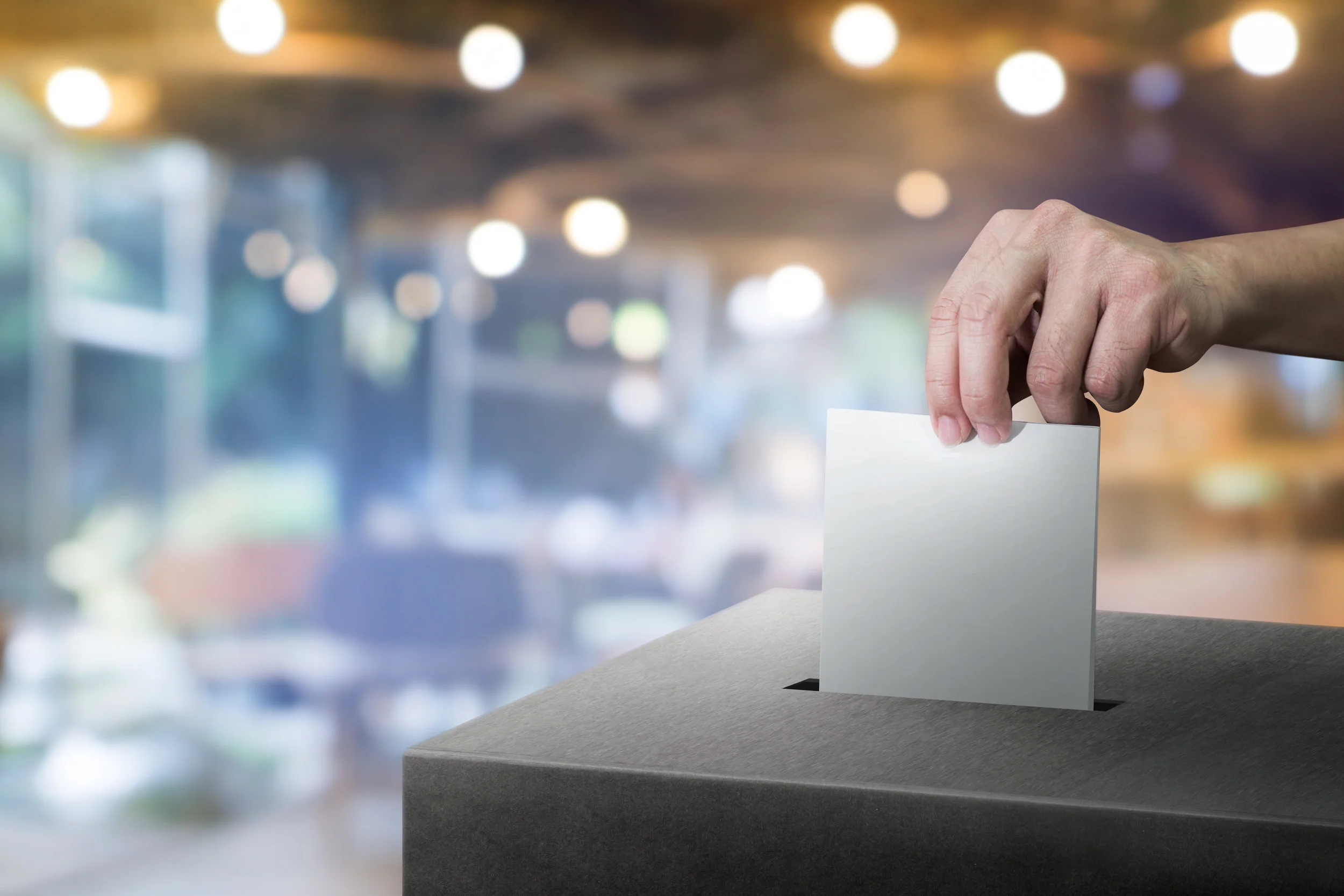Many have criticized advocates of a national popular vote as simply wishing to change the results of a single contentious election. But the problems inherent in the winner-take-all Electoral College have existed long before 2016. Candidates from both parties are practically required to spend all their time, effort, and money on just a few close states while ignoring the majority of the country.
Efforts to reform the system are not new either. As Washington Post columnist E.J. Dionne wisely wrote all the way back in 2007, when Maryland became the first state to enact the National Popular Vote Interstate Compact:
The democratic solution is for legislatures to agree to use their electoral votes to support the winner nationally. …
Opponents of popular election invent scary scenarios to continue subjecting our 21st-century nation to a system invented in the far less democratic 18th century. Most frequently, they warn about having to conduct a nationwide recount in a close election.
But direct election of presidents works just fine in France and in Mexico, which managed to get through a divisive, terribly narrow presidential election last year. Are opponents of the popular vote saying our country is less competent at running elections than France or Mexico?
Here's hoping Maryland sets off a quiet revolution that brings our nation's electoral practice into line with our democratic rhetoric. Individual citizens should have the right to elect their president -- directly.

